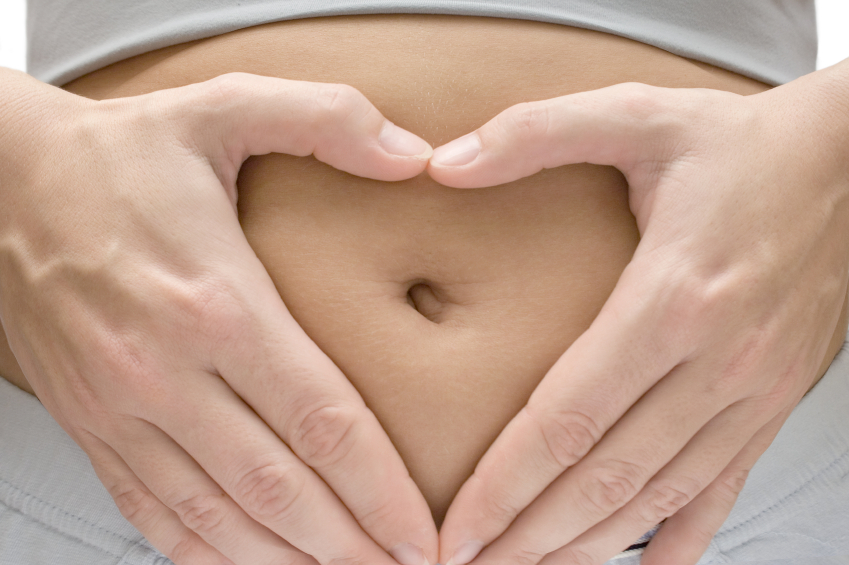[two_column_block style=”1″] [content1]
Intended Parent (IP) Restrictions
[/content1] [content2]
Single women and heterosexual and lesbian couples may use donor eggs and carry the pregnancy themselves, or use a gestational carrier; single men and gay couples may use donor eggs with a carrier.
[/content2] [/two_column_block]
[two_column_block style=”1″] [content1]
Average Cost
[/content1] [content2]
Total fees for a donor egg cycle, including legal and medical expenses, typically range from $20,000 to $35,000.
[/content2] [/two_column_block]
[two_column_block style=”1″] [content1]
Genetic Connection(s)
[/content1] [content2]
The child will have a genetic link to the father, or to neither parent if egg donation was used with donor sperm.
[/content2] [/two_column_block]
[two_column_block style=”1″] [content1]
Single vs. Multiple Births
[/content1] [content2]
The current guidelines of the American Society for Reproductive Medicine (ASRM) recommend single embryo transfers (SETs) when the egg donor is younger than 35. Multiple pregnancies can carry significant risk.
[/content2] [/two_column_block]
[two_column_block style=”1″] [content1]
Pregnancy
[/content1] [content2]
If the intended mother can carry a pregnancy to term, she can experience pregnancy and delivery.
[/content2] [/two_column_block]
[two_column_block style=”1″] [content1]
Medical Procedures
[/content1] [content2]
If the intended mother is the recipient, she must undergo screenings, then take hormones and medications to align her cycle with the donor’s. The embryo transfer process is generally only mildly uncomfortable. If a frozen embryo cycle with donor eggs, the intended mother does not need to cycle with the donor.
[/content2] [/two_column_block]
[two_column_block style=”1″] [content1]
Donor Selection
[/content1] [content2]
Egg donation matching programs provide demographic, medical, and social background about the donors, and IPs may select their donor. The selected egg donor must be available to cycle at a certain time.
[/content2] [/two_column_block]
[two_column_block style=”1″] [content1]
Donor Identity
[/content1] [content2]
Intended parents may work with an anonymous or a known egg donor. There is sometimes the option to meet in person.
[/content2] [/two_column_block]
[two_column_block style=”1″] [content1]
Ongoing/Future Contact
[/content1] [content2]
Some donor contracts allow for future contact by the child (usually when the child is an adult), even if it is an anonymous donation.
[/content2] [/two_column_block]
[two_column_block style=”1″] [content1]
Mental Health Consultation
[/content1] [content2]
A psychological evaluation for the donor is required by almost all clinics. A psychological consultation is strongly recommended for IPs, and many clinics require this.
[/content2] [/two_column_block]
[two_column_block style=”1″] [content1]
Legal Consultation
[/content1] [content2]
A legal consultation, with independent representation for the parties, is strongly recommended, and many clinics require it.
[/content2] [/two_column_block]



